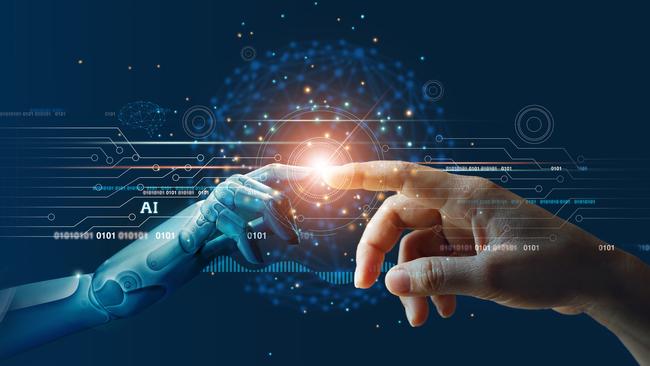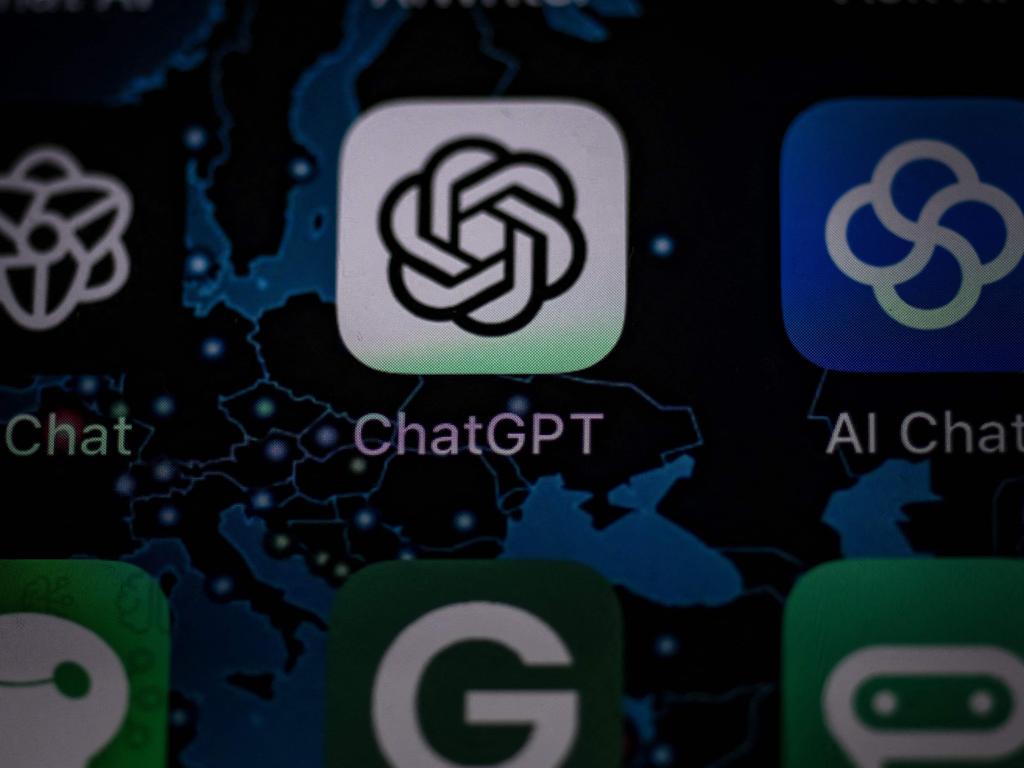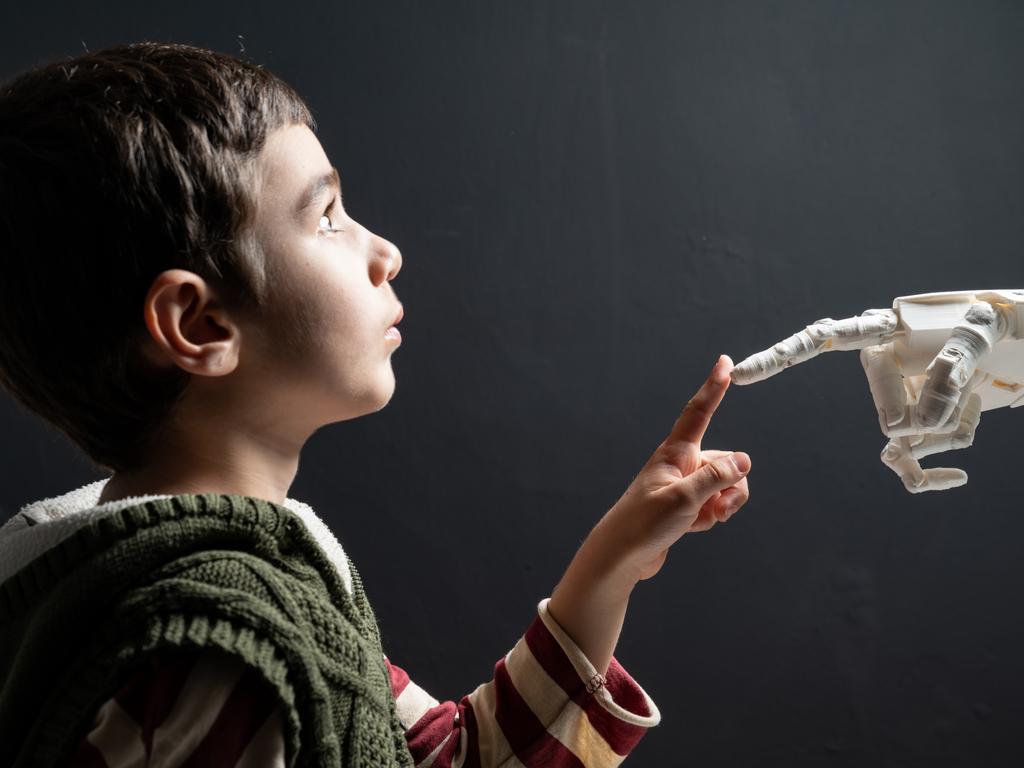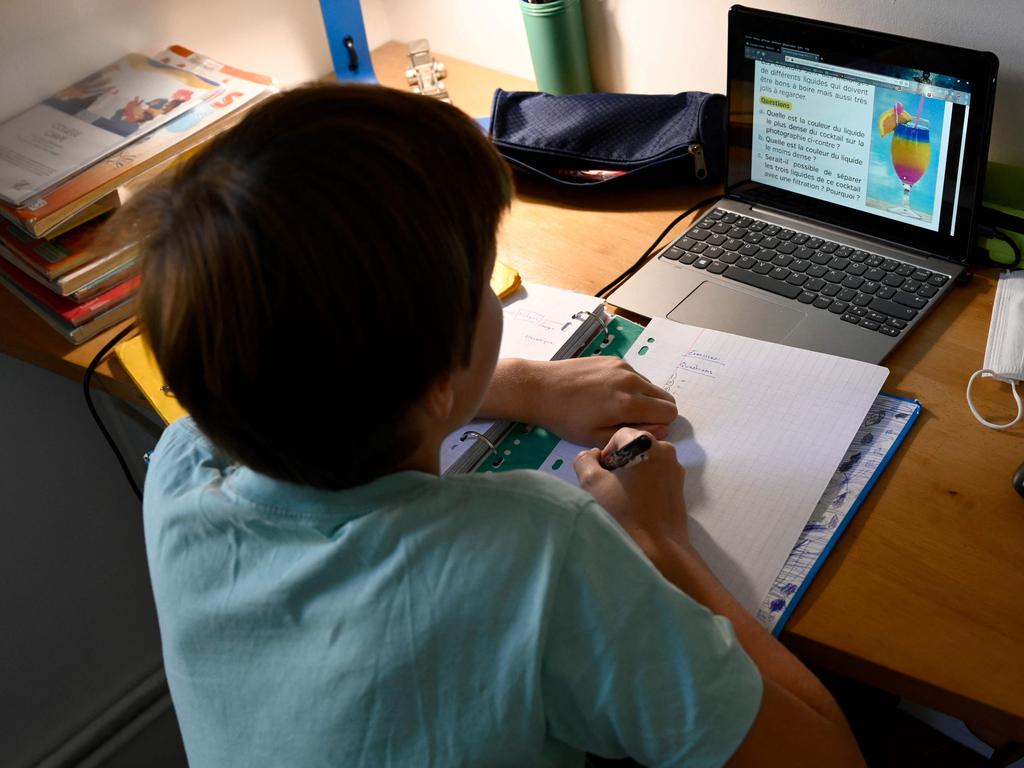Amid artificial intelligence’s rapid development, will we be responsible for our own extinction?


What immensities, within humankind. How extraordinary we humans are, to have come so far in understanding and innovation in such a relative short space of time. But what of now, the future, roaring towards us? Will we be responsible for our own extinction, like the dinosaurs before us unable to adapt to a changing world? Except this changing world is of our own making, a consequence of the extraordinary human brain.
Geoffrey Hinton is worried. So worried, that the British/Canadian computer scientist and cognitive psychologist has not been able to sleep for the past six months.
He’s known as the godfather of Artificial Intelligence and has just left Google so he can finally speak more freely. He’s worked for decades at the cutting edge of AI and now believes that what we are creating here might wipe out humanity.
“It is like aliens have landed on our planet and we haven’t quite realised it yet because they speak very good English,” he explained recently. Then added grimly: “It’s conceivable that the genie is already out of the bottle.”
Hinton explained that this moment in time is the first in human history where we are on the brink of developing something smarter than us. “I’d always kind of ignored the existential threat before, about it wiping out humanity,” he said. “[But] now I think there’s a significant chance of that.”
He loathes the development of autonomous weapons, and in terms of the frontier of Artificial Intelligence, says: “It still uses hugely more power, but it’s comparable in intelligence now. Not as good, but getting there. And many people think it’s going to get smarter than us soon. Not in a hundred years and not in 50 years – maybe 20 years, maybe five years. It may be that we’re going to reach a new stage of evolution when biological intelligence gets replaced by digital intelligence. We may be history.” Sobering.

So are we careering towards stupidity on this planet? Is it too late? If you were an alien visitor to Earth, would you marvel at the alpha species, the human, that so dominates its world – or would you despair? Both, perhaps. I’m of the belief that this wondrous Earth would be better off without its alpha species.
In the several billion years of this planet’s life, everything followed the natural course of evolution – until we came alone. The master disrupters, the destroyers of so many of Earth’s natural systems.
“We have become ecosystem architects,” explains Associate Professor Mike Weston, a conservation biologist from Deakin University. “We shape environments to suit us.” And what do humans give back to the planet? Let’s hope it’s not just wondrous ruins, perhaps, from a foolish, highly intelligent and ultimately doomed species that was capable of astonishing inventiveness and beauty. But greed got the better of it.
What would Earth look like without us? Chernobyl shows us that nature’s fight back against pesky humans would be muscular and rapid. Can we be trusted with this great planetary gift? It feels like the world is pressing in, too close.
Are we unwittingly creating our destruction, as the reckless alpha tech bros engage in a fervid arms race to create ever more powerful AI? The creations that might one day doom us all, according to the sleepless Hinton. He should know. Humans, eh. Too clever for our good, or perhaps too foolish for our own good. I hope he’s wrong about this.







The keepers of consciousness. I’m summarising, but that’s what physicist Brian Cox postulates we humans might be, if we are alone in this great universe. “We are the cosmos made conscious and life is the means by which the universe understands itself,” he says. His warning: that if we are indeed the cosmos made conscious, we better not stuff this up. Because if we go, the understanding of the cosmos goes.